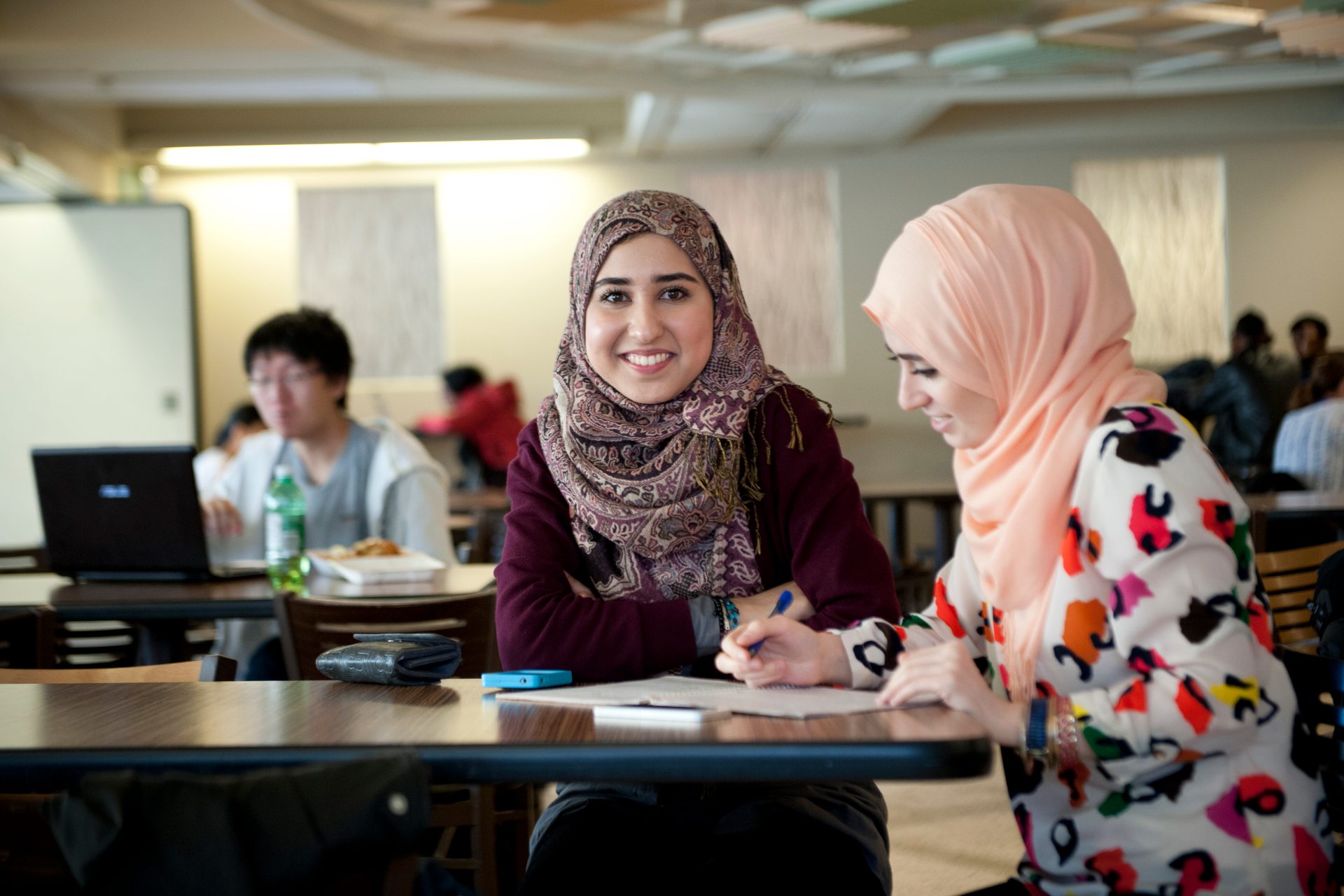On the strength of Canada’s two major intellectual traditions, anglophone and francophone, the Faculty of Social Sciences stands as a centre of excellence in knowledge creation, research and training. Driven by both disciplinary and interdisciplinary perspectives, research at the Faculty is at once rich, innovative and varied, contributing to the depth and breadth of discussions on current issues here and elsewhere. And whether fundamental, theoretical, applied or action-oriented (action research), this research stems from proven expertise—most notably in Canada’s Francophonie—and greatly influences individual communities and society in general.
In step with contemporary society on both the national and international fronts, the Faculty of Social Sciences fosters social innovation, creates and shares knowledge, promotes public policy development and builds research partnerships with the public and private sectors, as well as community organizations.






